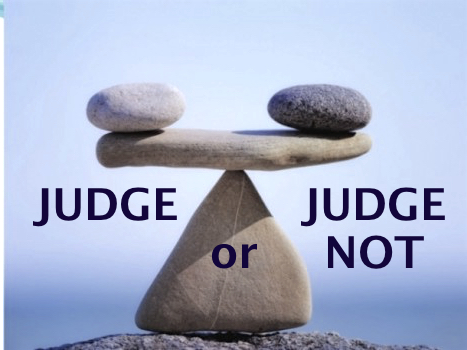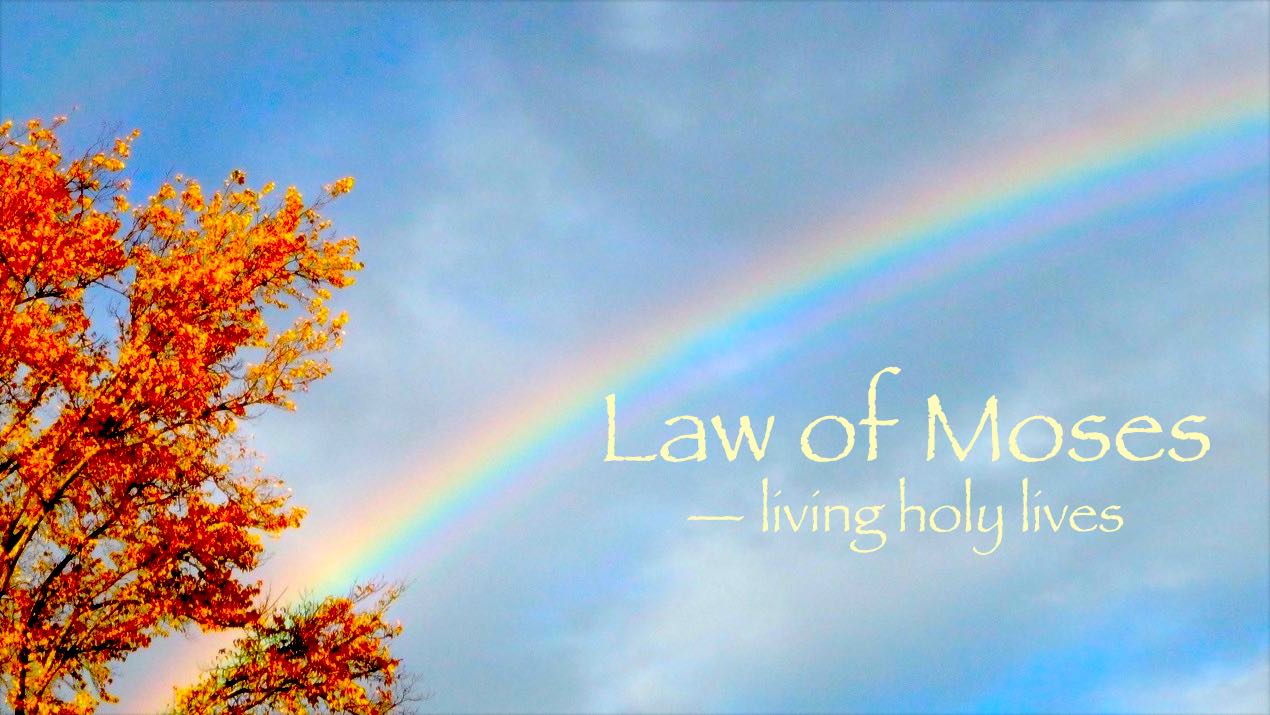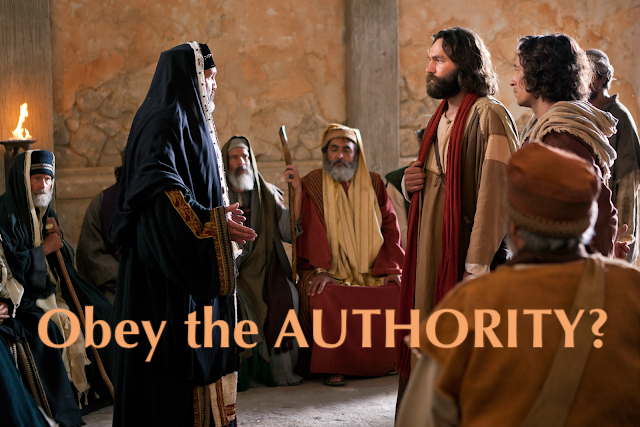Judge or Judge Not?
 One Scripture Is Insufficient
One Scripture Is Insufficient
Many people today say, “Don’t judge me!” Others quote Jesus, saying, “Judge not that you be not judged.” But is that all that Jesus had to say about the matter? Is that a blanket statement prohibiting judgment? Or, is there more to the story? The leaders of Isaiah’s day, who were caught up in lies and deception, were quick to attack the prophet. He responded to their mocks with the adage, “Here a little, there a little.” For, they had totally missed the point of God’s message. He highlighted the fact that scripture must be pieced together in its entirety. That was the only way to see the “big picture” from God’s perspective.
Jesus, a Sure Foundation
We can have confidence in our understanding if we look to Jesus. For, he is the foundation of our faith. Yet, for many what Jesus said was not a sure cornerstone. For the scoffers his teaching was “a rock of offence” and “a stone of stumbling.” He did judge, but his judgment was without partiality. He was especially adept at calling out the hypocrites. He was never deceived by their show of piety. His judgments were righteous, based on the law, and not on outward appearance. He instructs his leaders to judge as he would judge.
A Duty to Judge or Judge Not?
It is simplistic to look at one scripture about not judging hypocritically. And, ignore the many scriptures that instruct us to judge righteously. Based on Paul’s teaching and example it is evident that God wants his leaders to judge. They are to judge the conduct of those believers who are in their care. It is not our role to judge those outside our fellowship of faith. However, we are commanded to judge and take action within the church. We are warned to judge, and not tolerate immoral conduct in our midst. Nor are we to put up with those espousing false doctrines. So, are we following Christ’s example and instructions — you be the one, to judge or judge not!









